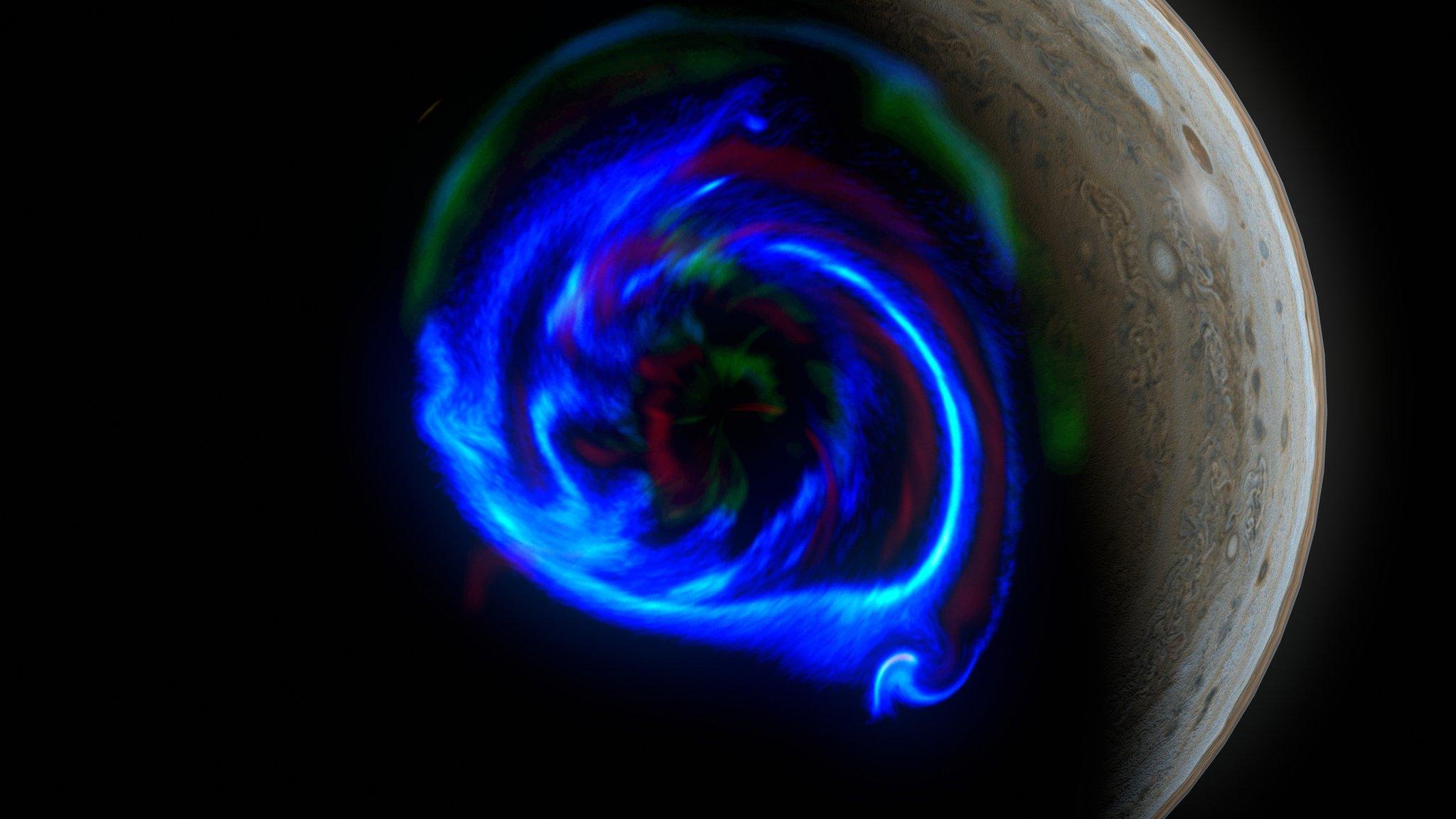Technology heading for Mars is created in Surrey
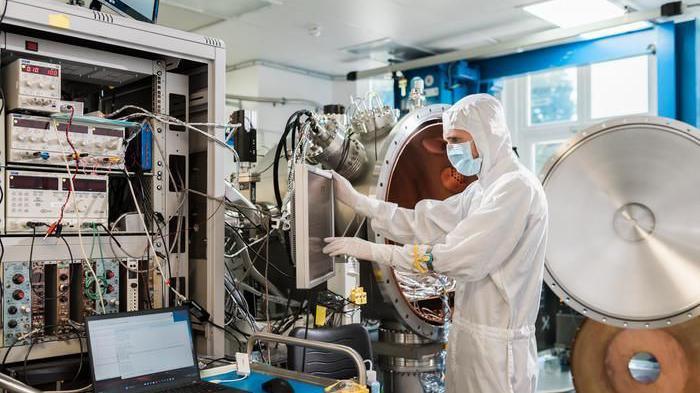
Equipment at the laboratory has to be kept free of any dust particles
- Published
Should a future mission to Mars discover life on the planet's surface there is a chance a laboratory in the Surrey countryside will have played a role.
The Mullard Space Science Laboratory, sited in a Victorian mansion in 30 acres (12 hectares) in the Surrey Hills, was founded in 1966, with help from the electronics company Mullard Ltd.
Part of University College London (UCL), it is the UK's largest university-based space research group.
Its scientists are creating technology due to be sent on missions to Mars.
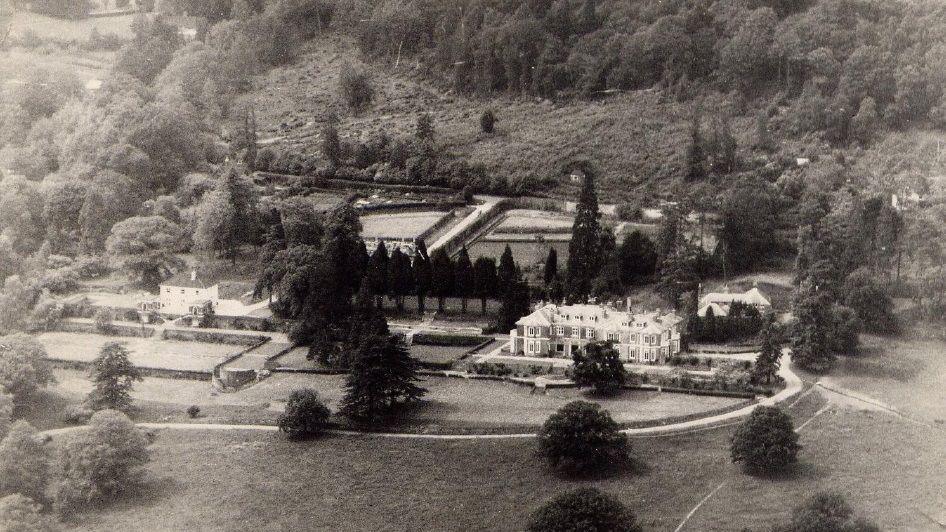
The laboratory was founded in 1966
Cleanliness is vital, as Dr Catherine Regan told Secret Surrey.
"We have clean rooms that are cleaner than a surgery," she said. "It's the same grade as a hospital.
"We don't want to take any contamination into space. If we find life we want to be sure it's Martian life, and not life we've taken from Earth.
"We can't even have dust particles."
The hidden space lab deep in the Surrey Hills
Engineer Barry Whiteside is working on instruments that will be put on a rover to explore the surface of Mars.
"An infra-red spectrometer will look at different rocks and materials," he said.
"It has a 2m (6ft) drill that will go deep into the surface, deeper than any other rover has gone before.
"Along with other remote instruments on the rover, it will hopefully help us find the building blocks of life on Mars."
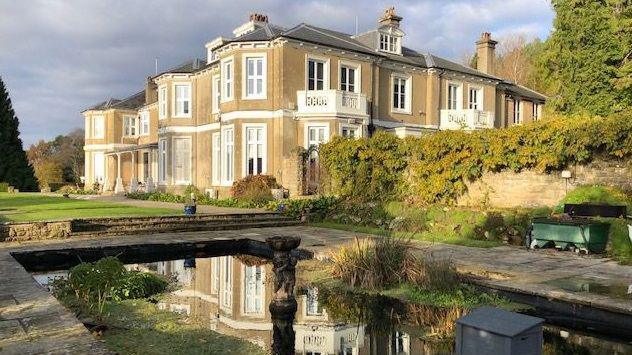
The cutting edge space technology is being created in a former Victorian mansion
He described working at the laboratory as "the ultimate motivation".
"I used to be proud when my mother put something [I'd made] on the fridge, let alone going to a different planet, so it's very cool."
Secret Surrey
Explore more fascinating stories from Surrey
Listen and subscribe for the latest episode of Secret Surrey
Follow BBC Surrey on Facebook, external, on X, external. Send your story ideas to southeasttoday@bbc.co.uk , external or WhatsApp us on 08081 002250.
Related topics
- Published19 June 2019
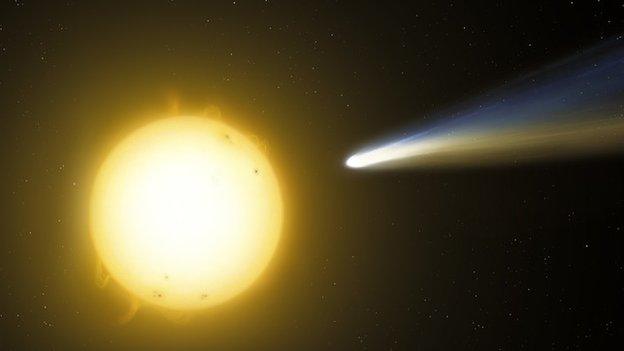
- Published2 February 2018
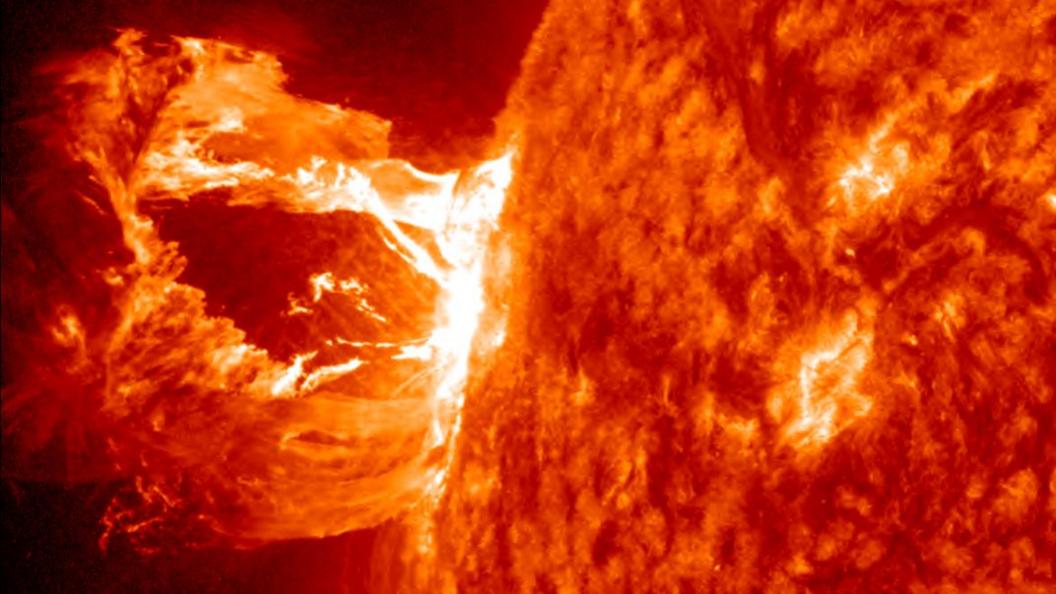
- Published13 November 2017
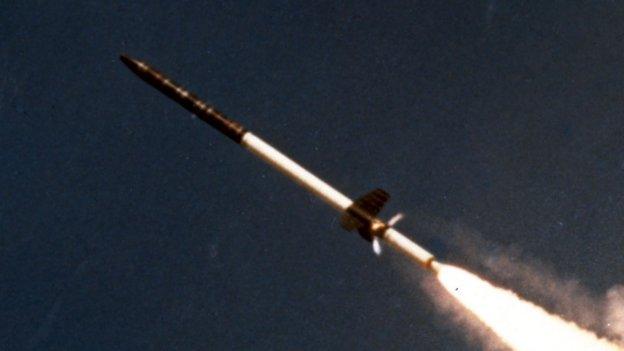
- Published10 July 2021
